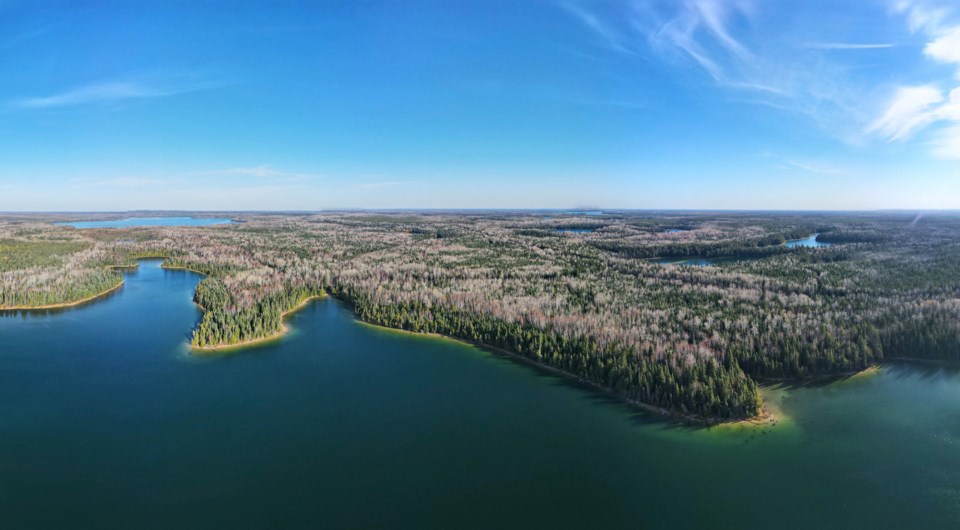Constance Lake First Nation and the Nature Conservatory of Canada (NCC) have teamed up in an effort to learn more about woodland caribou.
The trail camera data that has been collected over the last six months is part of a larger project that has the NCC purchasing a tract of land twice the size of Toronto from pulp and paper company, Domtar.
The 1,500-square-kilometre area is home to the woodland caribou, whose habitat has been significantly affected by human settlement and is listed as threatened by the Ontario Government.
“As the stewards of our traditional territory, Constance Lake First Nation looks to preserve and protect lands and resources to ensure their sustainable use for current and future generations,” said Coun. Wayne Neegan of the Constance Lake First Nation.
“We take an open, responsible and holistic approach on all the work we do while respecting history and culture and asserting Constance Lake First Nation’s rights and title. We are happy to be working with the Nature Conservancy of Canada to conserve and protect these lands.”
NCC program director, large landscapes for the Ontario region, Kristyn Ferguson said working with Hearst-area community was an obvious choice to make.
“Our new partners at Constance Lake First Nation were telling us about a larger caribou study they were doing across their whole traditional territory, and wondered if we might be interested in setting up some trail cameras on the Boreal Wildwoods property,” she said in a phone interview. “Our answer was obviously an enthusiastic yes.”
The trail cameras were set up on the land in March and were collected recently. The data are being analyzed with the hope of gaining insight into caribou and other wildlife in the region.
Acquiring the land was made possible by more than 330,000 donors, who contributed to the $46 million pledged to complete the purchase. It's the largest private land conservation project in Canadian history.
After announcing the project in April, NCC's goal was to raise the cash needed to buy the land by February. That goal was met four months ahead of time.
Ferguson said the Constance Lake partnership is the first step to further work with Indigenous communities in the area.
“We’re working with all the communities in the area that have shown an interest in engaging with us,” said Ferguson.
Those talks include Brunswick House First Nation, Chapleau Cree First Nation and Nishnawbe Aski Nation, which are supported by the Wahkohtowin Development General Partnership.
“This conservation project stands to be transformational as the Nature Conservancy of Canada is committed to the inclusion of First Nations to share in the conservation, benefit and stewardship opportunities associated with these lands,” said David Flood, Wahkohtowin Development general manager.
NCC has been talking with the land and resources departments of those communities to see how they can work together on the purchased land and in conservation initiatives all over Northern Ontario.



